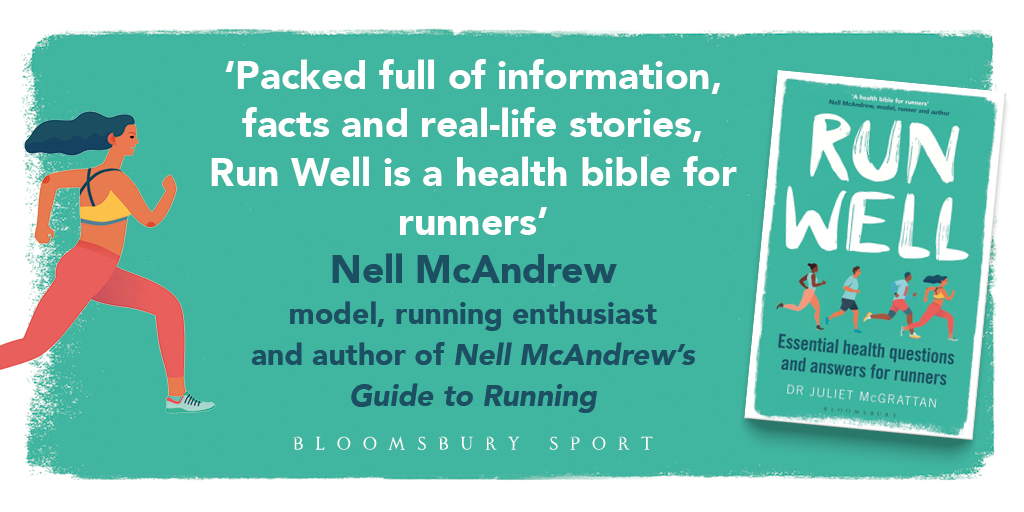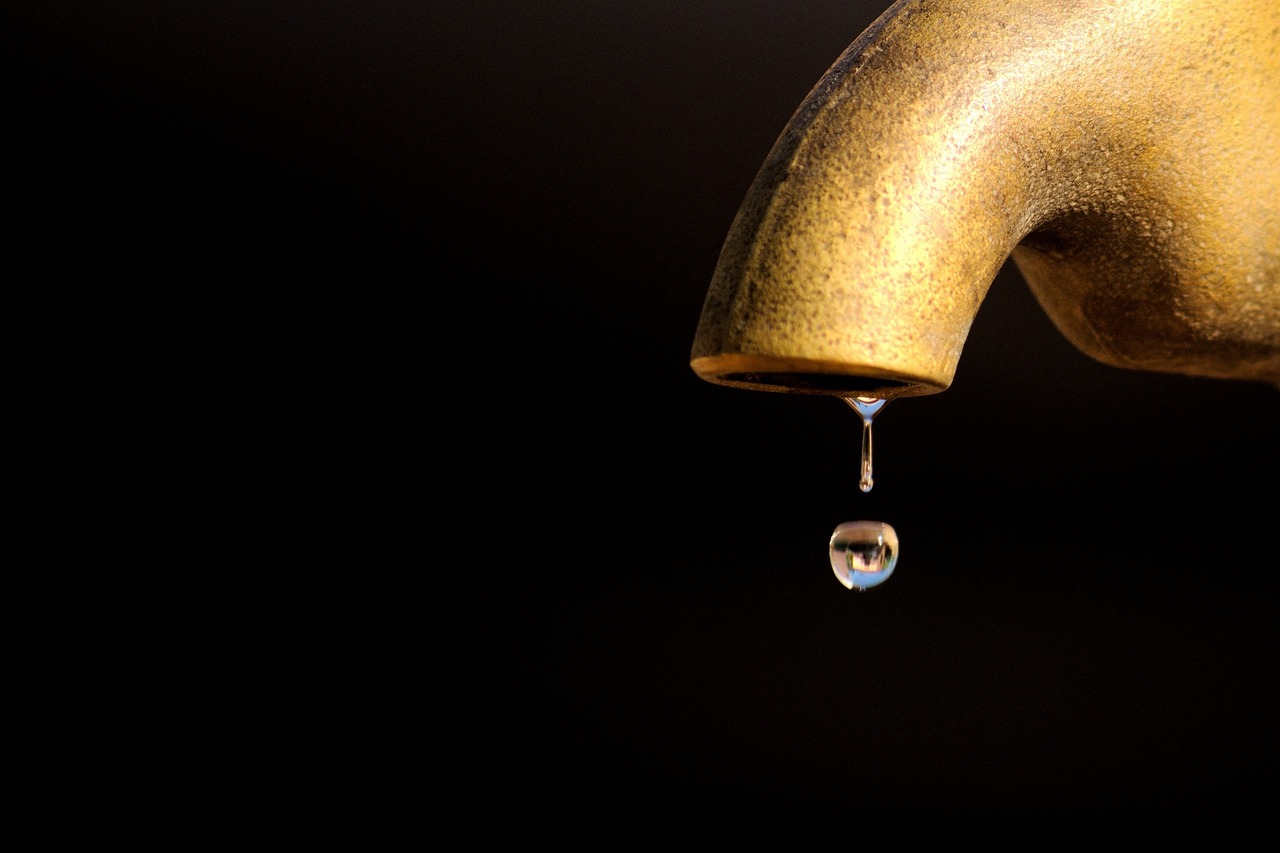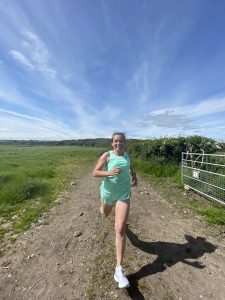It happens every week at running club, we finish our run, begin stretching and as soon as we lean forwards to lengthen our hamstrings, the sniffing starts! Everyone begins rummaging around in pockets to locate a tissue. What is it about running that makes your nose run? Why does exercise make your nose drip? Is there anything you can do to stop your nose running when you exercise? The medical term for a runny nose is ‘rhinitis’ which comes from the Greek word rhin which means nose and itis which means inflammation. There are lots of different causes of rhinitis, here are a few:
- Allergic rhinitis. This is when an allergy is the trigger of a runny nose. It can be accompanied by itchy or watery eyes and sneezing. We’re talking hay fever or pet allergies.
- Infective rhinitis. Viruses such as the common cold can cause inflammation in your nose and result in a constant stream of watery nasal fluid.
- Irritant rhinitis. There are lots of triggers to rhinitis such as dust, chemicals (chlorine in swimming pools commonly causes a runny nose) and cold air.
- Exercise-induced rhinitis. It doesn’t matter if you are inside or outside, in warm or cold air, sometimes the simple act of exercise can make your nose run.
Why does exercise make your nose run?
Exercise-induced rhinitis is common, especially in people who have nasal allergies. Nasal mucous has an important role, not only does it keep our nasal passages moist but it traps dust, dirt and germs to stop us breathing them in. This is a clever mechanism that our body has to keep us healthy, it’s part of our immune defence and is trying to help us. When we’re breathing more forcefully and rapidly during exercise, the nose starts producing more mucous to protect us. When you exercise you need to breathe in as much oxygen as possible to power those working muscles. To enable this, our nasal passages dilate up and our nostrils flare. This allows maximum air flow but of course, it does also mean an increased exposure to nasal irritants which isn’t great if you have a sensitive nose.
How can you stop your nose running when you run?
You might not be able to stop your nose dripping altogether but there are a few things you can try if you’re really bothered by it:
- Look for the triggers.
Is there an allergic element to your runny nose? Is it seasonal? Could it be hay fever? If so, then you need to reduce the amount of contact with pollen. A cap with a brim can reduce the pollen reaching your face, consider a light scarf to cover your nose, try a blob of Vaseline or Haymax on your nostrils and shower as soon as you can after running to wash pollen away. Cold air is a very common trigger, warming the air before you breathe it in by covering your nose with a buff-type neck scarf can help. Consider wearing a face mask if you run near traffic and think the pollution might be triggering your nose. Can you change your run time or route and steer clear of rush hours or queueing traffic?
- Visit your pharmacist
Your pharmacist can give you advice on what you can buy over the counter to help rhinitis. This might include antihistamine sprays, nasals steroid sprays or antihistamine tablets if the cause is allergic rhinitis. Most are available without a prescription. If your rhinitis is constant and not just exercise related, or if you have other symptoms such as a foul smelling nasal discharge or long term cough or wheeze then speak to your doctor.
- Stock up on tissues!
The reality is that pure exercise-induced rhinitis is hard to treat. You can avoid your triggers as much as possible but sometimes you just need to put tissues in your pocket or running belt. It’s fine to admit you use your sleeve, running glove or neck warmer – just throw them in the washing machine when you get home. This is preferable to sending a ‘snot rocket’ into the air. If you’re going to do this, please make sure there is no one close behind you!
If you’ve enjoyed this blog then I’ve answered hundreds of similar running health questions in my book Run Well: Essential health questions and answers for runners, published by Bloomsbury and available everywhere you buy books.

Featured Image: StockSnap by Pixabay








One Comment